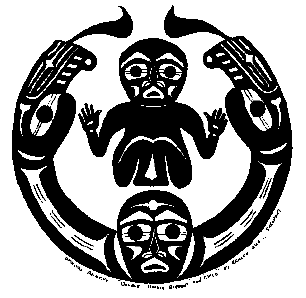Code of Conduct
Code of Conduct - updated June 2024
Peer Conflict, Mean Behaviour and Bullying
What kind of problem is this?
Students are encouraged to talk about problems in order to solve them. School staff will help to deal with the problem according to the type of behaviour demonstrated. The problem solving process is important to allow students to learn about how to solve problems and accept responsibility for the choices they make.
Is this Peer Conflict?
Conflict between students is a natural part of growing up. You will have times when you disagree and can’t solve problems on your own. Sometimes students become so frustrated that they say mean things or act out physically by hitting, kicking or trying to hurt.
If it’s peer conflict, you will notice that you:
- usually choose to play or hang out together;
- have equal power (similar age, size, social status, etc.)
- are equally upset
- are both interested in the outcome
- will be able to work things out with adult help (after calming down)
Is this Mean Behaviour?
Sometimes students may try out behaviours to assert themselves – sometimes saying or doing mean things – such as making fun of others, using a hurtful name, taking something without permission, leaving a child out, or “budging” in line.
If it is mean behavior, usually:
- it is not planned and seems to happen spontaneously or by chance;
- it may be aimed at any child nearby;
- the child being mean may feel badly when an adult points out the harm they’ve caused.
Is this Bullying Behaviour?
Bullying is serious behaviour and requires the help of an adult to deal with it. It has three key features – all three must be present for the situation to be considered bullying:
- Power imbalance -- One child clearly has power over the other(s), which may be due to age, size, social status, and so on.
- Intention to harm -- The purpose of the bullying behaviour is to harm or hurt other(s) – it’s intended to be mean and is clearly not accidental.
- Repeated over time -- bullying behaviour continues over time, and gets worse with repetition. There is a real or implied threat that the behaviour will not stop, and in fact will become even more serious.
Logical Consequences for Unacceptable Student Conduct
The purpose of the Code of Conduct is to help provide a safe and supportive environment for learning at school, on field trips, and online. The school will take all reasonable steps to prevent retaliation against a student who has made a complaint of a breach of the Code of Conduct.
Sometimes students make bad choices that serve as opportunities for learning. Whenever possible, consequences for unacceptable student conduct will be logical, preventative, and restorative. Breaking the Code of Conduct will be handled according to the severity and frequency of unacceptable conduct, as well as the age, maturity and IEP goals of the student(s).
- Minor misconduct will result in a staff member speaking directly to the student to review appropriate choices and address how the student can restore the relationship. A short time out may be assigned.
- More serious or repeated minor misconduct will be reported to the classroom teacher, principal, or vice-principal and a record will be kept of the incident and the action that was taken.
- When necessary, the classroom teacher, principal, or vice-principal will contact the child’s parents to discuss ways to reinforce the appropriate behaviour. Loss of playground, classroom, or school privileges, and /or community service may be assigned to the student.
- Very serious or chronic misconduct will be reported to the principal or vice-principal. A record will be made and parents, officials, or agencies will be contacted as needed. Consequences at this stage may include loss of playground and school privileges, community service or suspension from school.
- As our school promotes the values expressed in the BC Human Rights Code: The school will treat seriously any behaviour or communication (onsite & online) that discriminates based on race, colour, ancestry, place of origin, religion, marital status, family status, physical or mental disability, sex or sexual orientation.
The B.C. School Act and The Vancouver School Board of Trustees authorizes that the principal or vice-principal to suspend a student from attendance at school for up to five days.

Please Find Code of Conduct Attached

